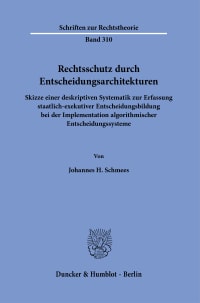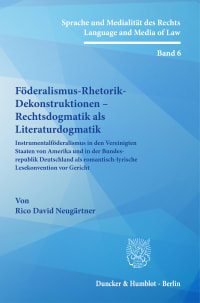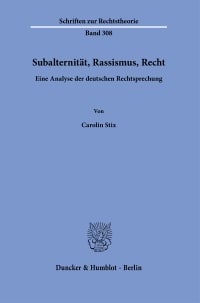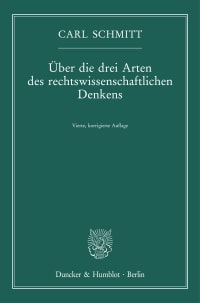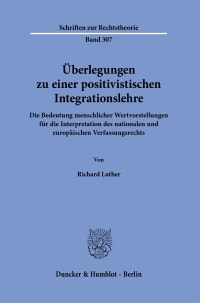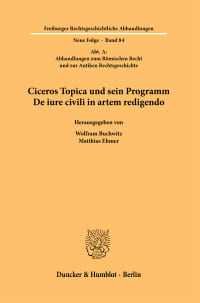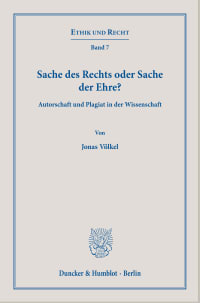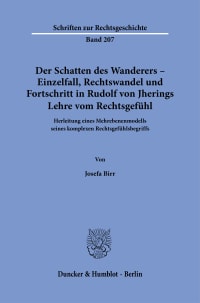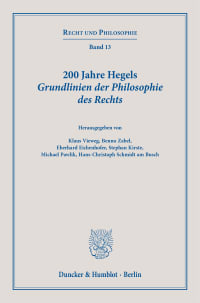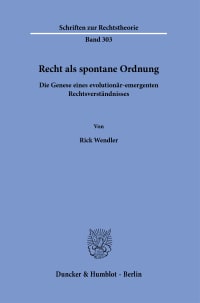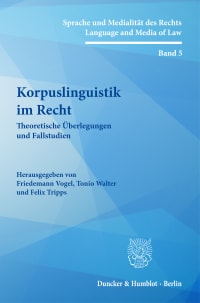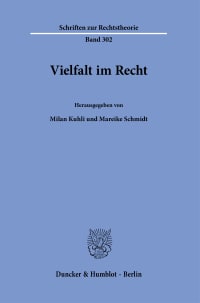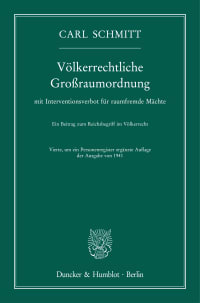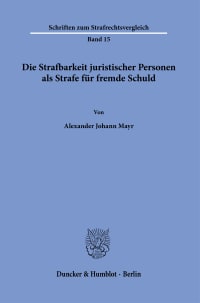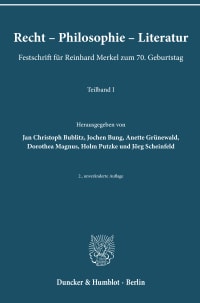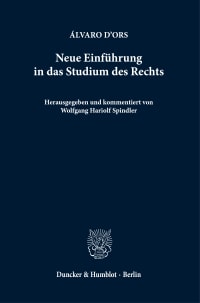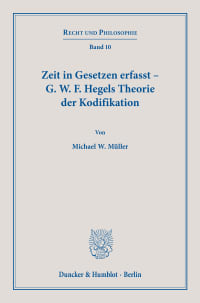Implications of the Use of Arabic as a Language in the United Nations System
Beschreibung
This study aims at investigating the important role that language plays as a medium of legal norms and cultural values as surfacing in documents in the United Nations system. The author focuses on diplomatic documents (bi- and multilateral treaties and correspondence) that simultaneously have official status ("authenticity") both in Arabic and in other languages. The investigation of the role of language as a window onto culture and religious background is especially relevant in the case of Arabic due to the interference of religion with law in most Islamic societies. More specifically, problems will be pinpointed in the realms of personal statute law, the legal status of women, the laws of marriage, divorce, inheritance, freedom of opinion and religion, and penal law. At the heart of this study Edzard applies Speech Act Theory to the analysis of the nature and consequences of textual differences between versions of one and the same document in several languages.
Inhaltsübersicht
Inhaltsübersicht: 1. Introduction - 2. Basic legal and linguistic issues regarding Arabic and Islam: Historical background: Middle East and North Africa - Religious background: Judaism, Christianity, and Islam - Legal background: Islamic law - Linguistic background: Arabic - Summary of Chapter Two - 3. The theory of interpretation: Legal and linguistic interpretation - The Vienna Convention on the Law of Treaties - Speech Act Theory - A typology of diplomatic misunderstanding - Summary of Chapter Three - 4. Application of the theory of interpretation to the realm of war and peace: Overview of problems - The Palestine conflict ("Middle East conflict") - The Iraq-Kuwait crisis - The Iraqi concepts of "law", "truth", "peace", and "justice": a comparative analysis of the traditional methods of treaty interpretation and Speech Act Theory - Summary of Chapter Four - 5. Application of the theory of interpretation to the realm of human rights: Overview of problems - The periodic reports submitted to international treaty bodies - The Islamic concept of "equality": a comparative analysis of the traditional methods of treaty interpretation and Speech Act Theory - Evaluation of the arguments - Summary of Chapter Five - 6. Case study: application of the theory of interpretation to the definition of "ethnic, religious, and linguistic minorities" in UN documents: Overview of problems - Problems in the discussions of the treaty bodies - Case study: the Turkish-Kurdish conflict - Analysis: application of Speech Act Theory - Summary of Chapter Six - 7. Conclusion: General observations - Legal aspects - Linguistic aspects - Summary of Chapter Seven - Appendix: Analytical catalogue of data and sources - References - Index of names and subjects
Bücher aus denselben Fachgebieten
Kontakt
-
+49 30 / 79 00 06 - 0
-
Bestellinformation
-
Versandkostenfrei innerhalb Deutschlands.
-
Für Kunden aus EU-Ländern verstehen sich unsere Preise inklusive der gesetzlichen Mehrwertsteuer und – außer bei digitalen Publikationen – zuzüglich Versandkosten. Für Kunden aus Nicht-EU-Ländern verstehen sich unsere Preise als mehrwertsteuerfrei und – außer bei digitalen Publikationen – zuzüglich Versandkosten.
-
-
Newsletter

